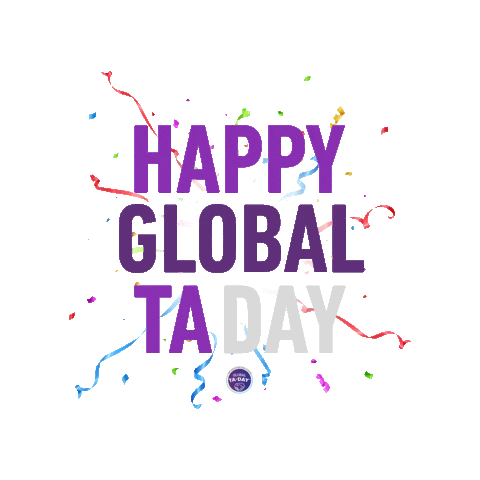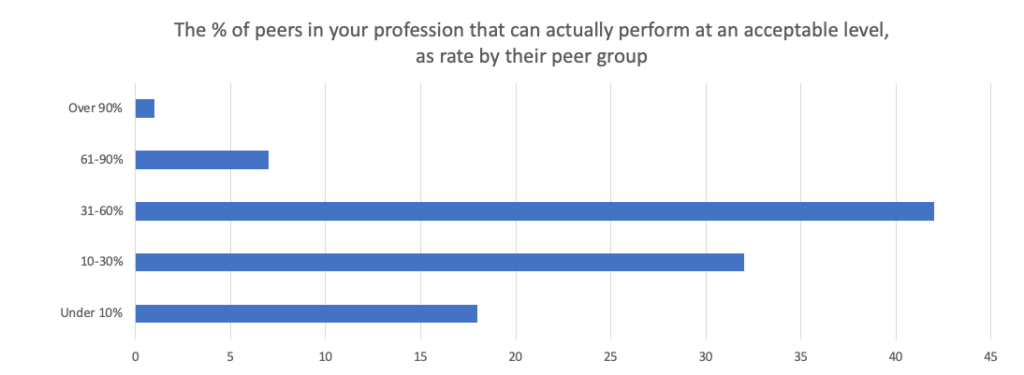In episode 29 of The HR Famous Podcast, long-time HR leaders (and friends) Tim Sackett, Kris Dunn, and Jessica Lee discuss how HR Generalists are rapidly becoming the preferred choice for HR Leaders with shrinking staff/team size due to their “do it all” mentality, and discuss how specialists in the HR field can protect themselves vs further cuts as furloughs turn into layoffs.
The gang also provides a “hot take” round of reactions to recent workforce announcements from Salesforce. We learn JLee doesn’t want a stipend for a printer or a Chromebook.
Listen (click this link if you don’t see the player) and be sure to subscribe, rate, and review (Apple Podcasts) and follow (Spotify)!
SHOW HIGHLIGHTS
3:00 – First topic of the day: Salesforce has come out this week with a list of announcements including that all employees can work from home until July 31, 2021, the plan of the slow reopening of their many offices, an expansion of benefits for those working from home, and an additional 6 weeks of PTO for parents. KD asks JLee and Tim to react with hot takes on each of the announced benefits.
6:00 – Salesforce is giving their employees $250 to help them buy supplies to work from home. JLee doesn’t think it’s enough to buy too many things of actual value. Hello, Chromebook.
8:00 – JLee says she is not able to use all of her current PTO so she doesn’t need more time and would prefer a subsidy for childcare rather than more time. KD thinks that Salesforce is trying to create a monopoly being an employer of choice for people with kids after the trendy period of their lives “inside the perimeter”.
13:30 – Second topic: KD and Kathy Rapp talked on his podcast Best Hire Ever about the current phenomenon of HR Leaders looking for HR Generalists over specialists as teams are shrinking and people are getting cut. Tim says that to get noticed by an HR Leader you typically have to have deep knowledge in one area and it’s very hard for new people to the HR world to have a lot of knowledge in many areas as required to be a great generalist.
16:30 – JLee shouts out boss president at HRQ, Kathy Rapp! She also comments on how many people working in HR don’t want to be a generalist and they want to specialize with something they’re more fascinated by.
19:00 – Tim thinks that in a low unemployment world, HR generalists are undervalued and are often passed up for promotions due to their lack of specificity in one area. Do you think HR generalists value changes with time?
20:00 – KD asks JLee and Tim to comment on how difficult/easy it is for different HR specialist types to broaden their role and avoid being laid off in a recession. Tim thinks it’s possible for a modern compensation/benefit person to prove themselves because they’re often driven by data.
22:00 – JLee thinks that employee relations specialists have a lot of opportunities to broaden out their experience but think they need to be proactive rather than reactive in their actions.
23:00 – Tim says that recruiters must be knowledgeable about where the money is coming from in their organization and bolster that area to the best of their ability to protect themselves.
24:00 – JLee says that OD/talent management folks need to be seen on the forefront of bringing in talent in order to show their value.
25:00 – KD thinks the ultimate skill for any HR employee to possess right now is the ability to communicate. Tim says that all VP’s and Directors of HR right now need to be driving performance right now in order to stay important within their company.
31:30 – KD thinks that a great HR generalist can come from anywhere and they rise to the top via their ability to analyze data, communicate, and ship actual products rather than talking about it.
Resources:


